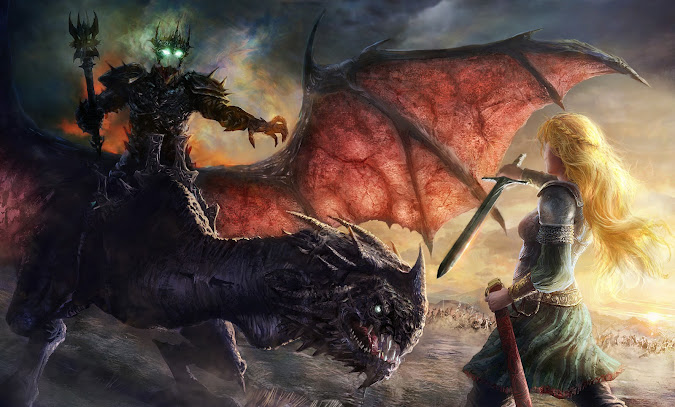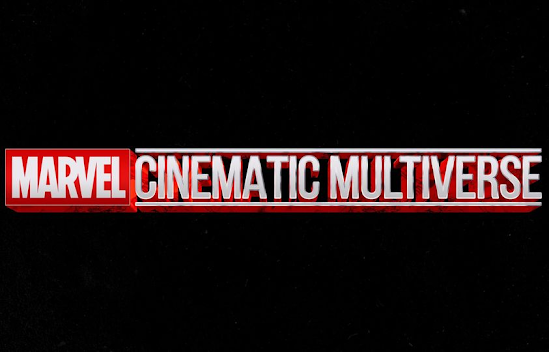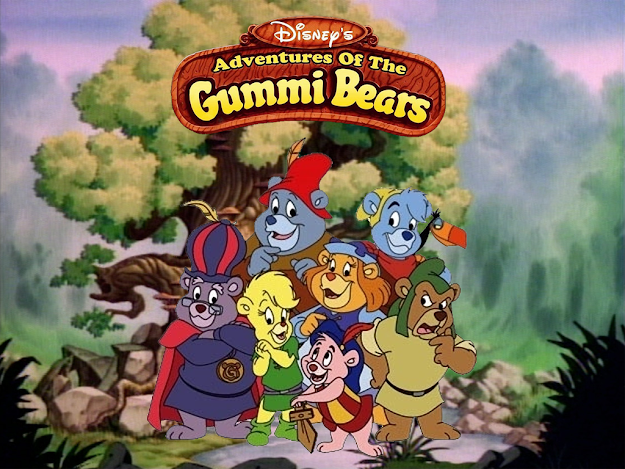Reading Advanced Dungeons & Dragons, Part 30
SOCIAL CLASS IN ADVANCED DUNGEONS & DRAGONS
One of the most interesting things about reading the Dungeon Master's Guide, in my opinion, is that so much of it constitutes essays on topics of interest--this isn't just a book of advice and rules; it's a book of themes, essays, and justifications. While I don't always agree with Gygax's points, he makes them effectively and they are darned fun to read.
This section begins with a discussion about why AD&D does not contain lists of tables for random determination of social rank, nor rules for adjudicating such. This is an issue that would to some degree change as AD&D went on (Oriental Adventures, for example, has extensive rules on social standing), but we'll deal with that as we get to later books and discuss the shift in philosophy. In this case, the essay is quite convincing and one that I buy into entirely. I have never felt the need to determine random social background in my games. I've had players (and played characters myself) that were serfs, slaves, knights, and nobles, and it hasn't changed the balance or nature of the game at all.
Following the justification of not including random tables and rules for social class, the section discusses different types of government that can exist in an AD&D milieu. This is a neat section and as with some other sections in the DMG, there are points here that I think a lot of folks forget: I'd say in my 30+ years of playing D&D, at least 90-95% of the societies I've encountered (and even run--I'm guilty as the next DM) have been some variation on medieval feudalism, with a king, nobles, barons, etc. But D&D is a game of fantasy, in a fantastical world populated by dozens of humanoid and demi-human races, all with different outlooks on life and societal organization. This section of the book discusses everything from autocracy to theocracy to democracy to syndicracy (government by megacorps!). I suspect that at least a few of the terms in Gygax's list were terms he invented, but they all work, if there's a bit too much overlap in some places (his definition of democracy, for example, includes "rule by elected representatives," which is his definition of republic--in Gygax's terms, all republics are democracies, but not all democracies are republics. Some people in the U.S. in 2012 would agree with this. But he also, for example, includes autocracy, monarchy, and dictatorship as three separate entries, but gives all of them almost the exact same definition.
The section ends by noting that the list is not exhaustive, and DMs should feel encouraged to invent new forms of government as appropriate for their campaign.
Next comes a few lists of royal and noble titles, both Northern European and Asian. Unfortunately, each list is formed of three columns without headers so unless you already are familiar with the titles in question, there's no way of telling what's what--especially in the Asian titles. The first two columns in the Northern European titles seem to be standard nobility titles followed by Church titles. The latter two columns, I'm not sure. The same could possibly apply for the first two columns in the Asian forms. Gygax recommends some research into various histories as well as having access to a good thesaurus.
I had hoped to write more, but RL has called on the phone and I'll need to break off here. Next time: THE TOWN AND CITY SOCIAL STRUCTURE.
One of the most interesting things about reading the Dungeon Master's Guide, in my opinion, is that so much of it constitutes essays on topics of interest--this isn't just a book of advice and rules; it's a book of themes, essays, and justifications. While I don't always agree with Gygax's points, he makes them effectively and they are darned fun to read.
This section begins with a discussion about why AD&D does not contain lists of tables for random determination of social rank, nor rules for adjudicating such. This is an issue that would to some degree change as AD&D went on (Oriental Adventures, for example, has extensive rules on social standing), but we'll deal with that as we get to later books and discuss the shift in philosophy. In this case, the essay is quite convincing and one that I buy into entirely. I have never felt the need to determine random social background in my games. I've had players (and played characters myself) that were serfs, slaves, knights, and nobles, and it hasn't changed the balance or nature of the game at all.
Following the justification of not including random tables and rules for social class, the section discusses different types of government that can exist in an AD&D milieu. This is a neat section and as with some other sections in the DMG, there are points here that I think a lot of folks forget: I'd say in my 30+ years of playing D&D, at least 90-95% of the societies I've encountered (and even run--I'm guilty as the next DM) have been some variation on medieval feudalism, with a king, nobles, barons, etc. But D&D is a game of fantasy, in a fantastical world populated by dozens of humanoid and demi-human races, all with different outlooks on life and societal organization. This section of the book discusses everything from autocracy to theocracy to democracy to syndicracy (government by megacorps!). I suspect that at least a few of the terms in Gygax's list were terms he invented, but they all work, if there's a bit too much overlap in some places (his definition of democracy, for example, includes "rule by elected representatives," which is his definition of republic--in Gygax's terms, all republics are democracies, but not all democracies are republics. Some people in the U.S. in 2012 would agree with this. But he also, for example, includes autocracy, monarchy, and dictatorship as three separate entries, but gives all of them almost the exact same definition.
The section ends by noting that the list is not exhaustive, and DMs should feel encouraged to invent new forms of government as appropriate for their campaign.
Next comes a few lists of royal and noble titles, both Northern European and Asian. Unfortunately, each list is formed of three columns without headers so unless you already are familiar with the titles in question, there's no way of telling what's what--especially in the Asian titles. The first two columns in the Northern European titles seem to be standard nobility titles followed by Church titles. The latter two columns, I'm not sure. The same could possibly apply for the first two columns in the Asian forms. Gygax recommends some research into various histories as well as having access to a good thesaurus.
I had hoped to write more, but RL has called on the phone and I'll need to break off here. Next time: THE TOWN AND CITY SOCIAL STRUCTURE.






Nice post! I tend to be guilty of the same thing in my worlds. This has me thinking about changing up the political structure next time. Thanks.
ReplyDeleteIn Shatterworld, I guess you could say I've created two governments that are syndicracies. They are mega-guilds, and work basically as corporations.
ReplyDeleteMy goal in creating this type of government is that fedualism just doesn't seem to work for game settings based on how players play. Players don't want to be vassals. They want to do what they do, when they want, for whom they want. By creating an entire "mercenary society, characters can take the jobs they want, and tell people they don't want to work for to go screw themselves. Of course, there can be repercussions, but a megacorp design also means everyone is scrambling to get to the top, so there are always allies to be found.
http://shatterworldrpg.blogspot.com/